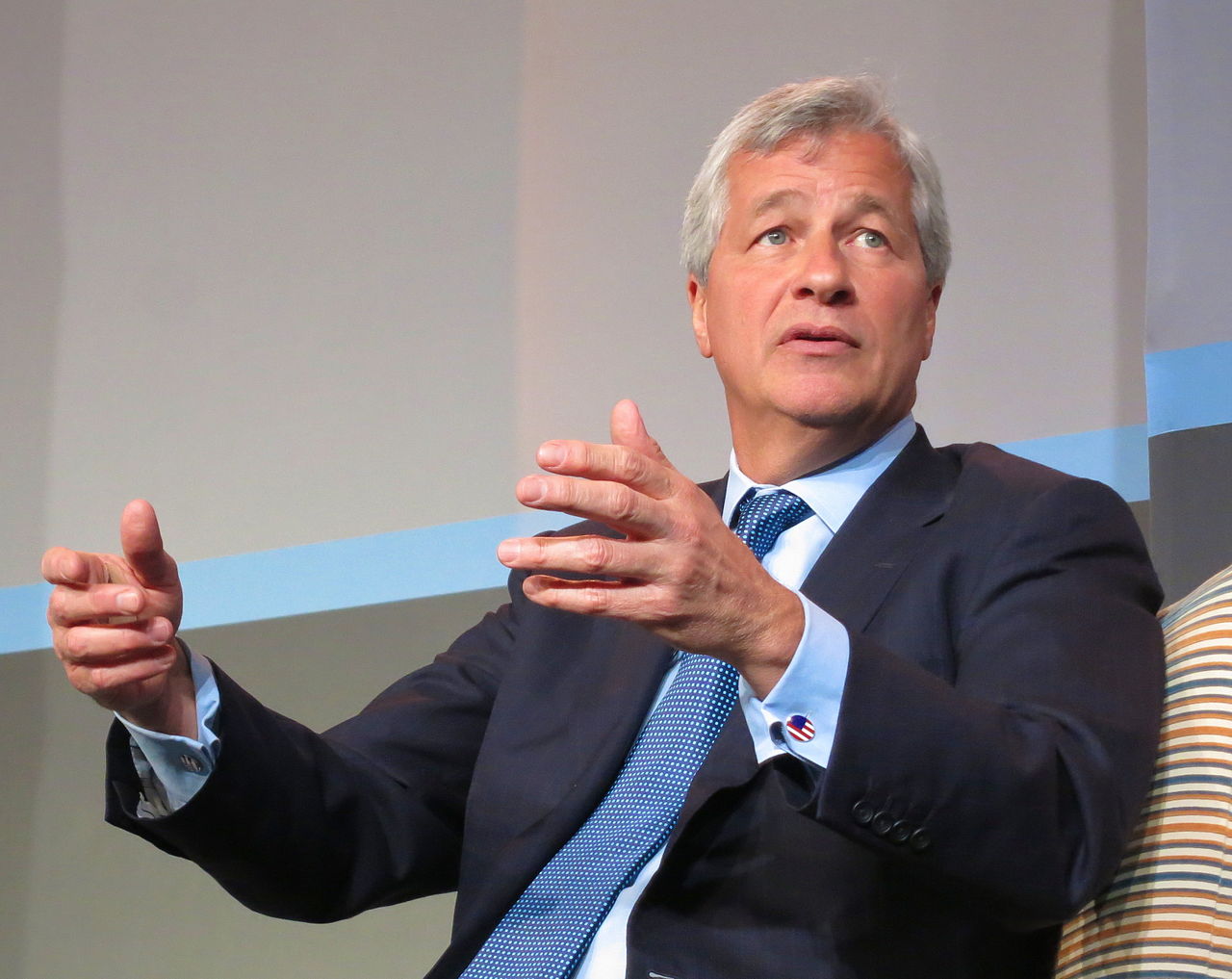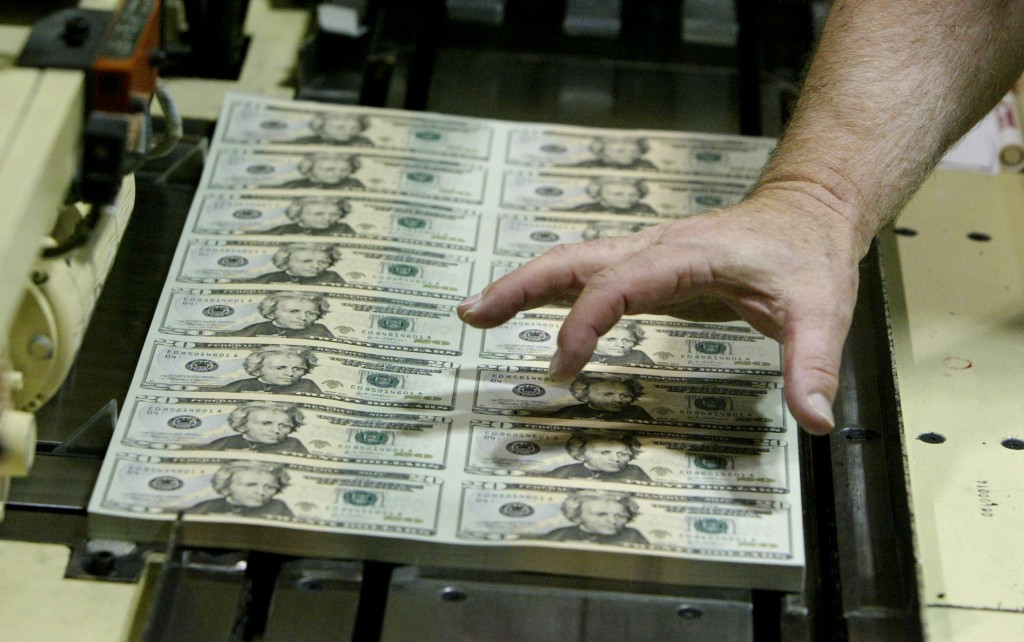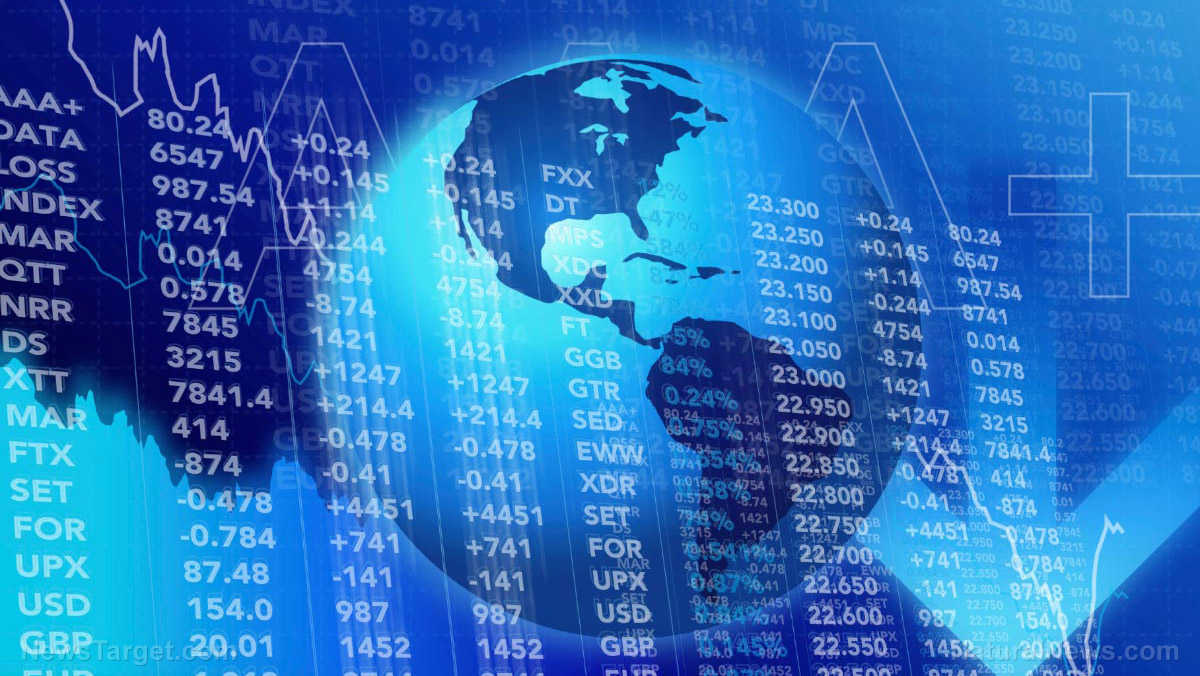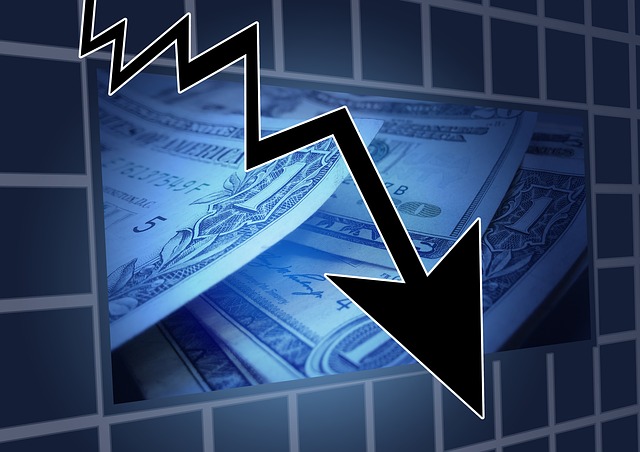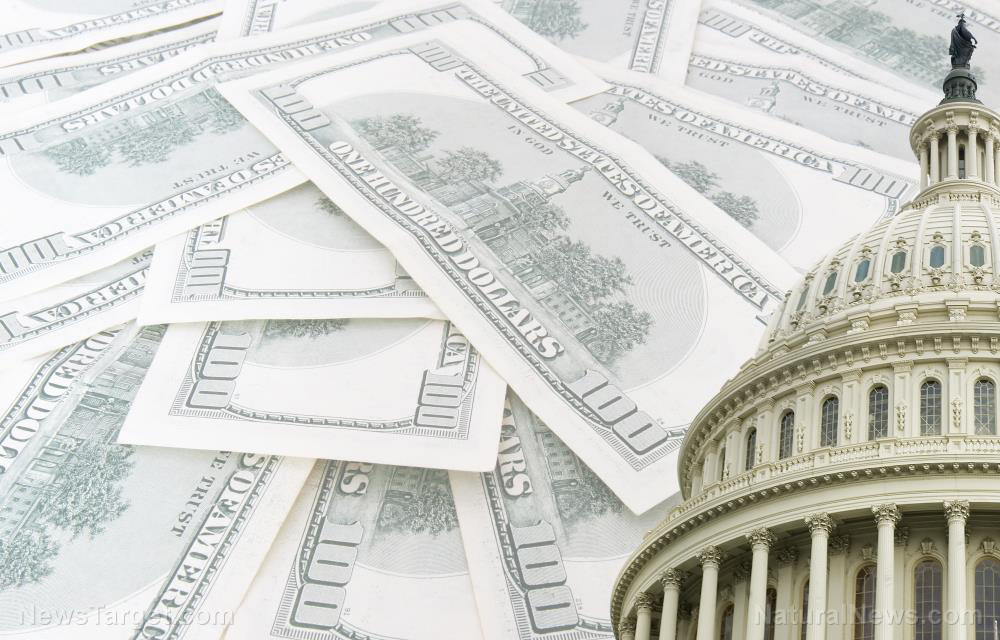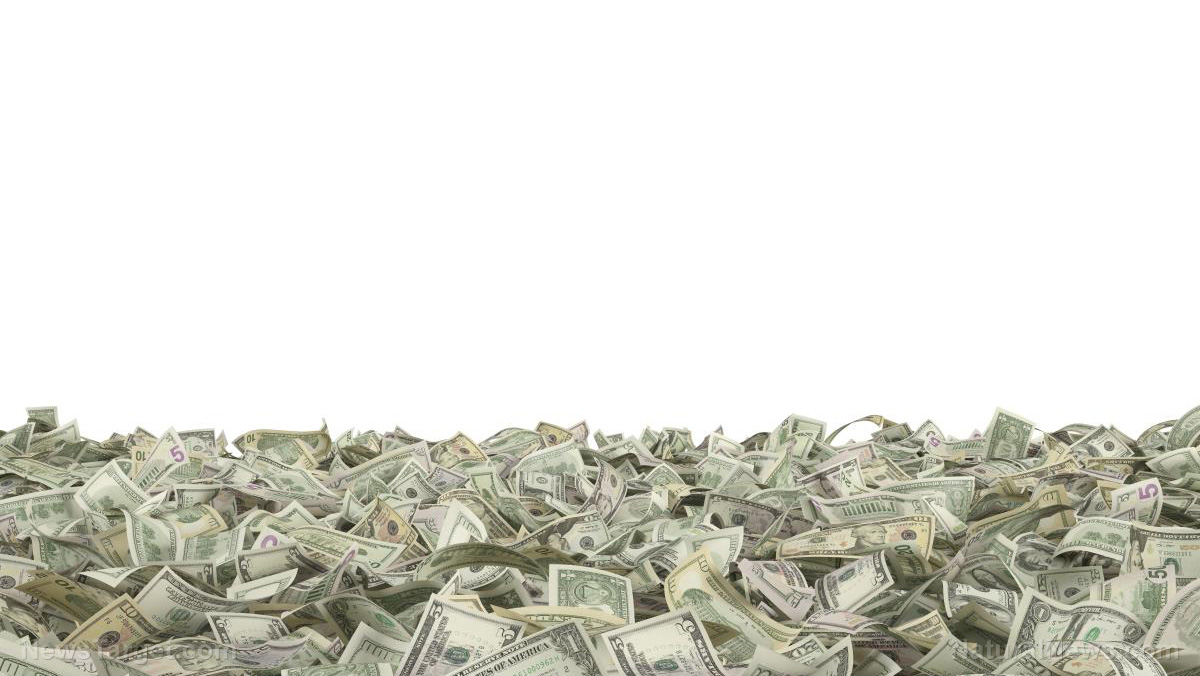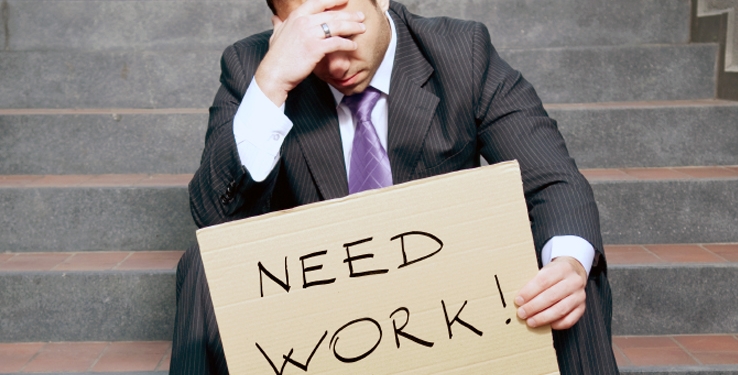Bond market ‘close to a crash,’ which is endangering the rest of Wall Street and Americans’ retirement accounts: Expert
10/17/2022 / By JD Heyes

The U.S. stock market is in big trouble, and that’s because the bond market is “very close to a crash,” says a noted expert who sees financial trouble looming large for the majority of Americans.
“Don’t assume the worst is over, says investor Larry McDonald. There’s talk of a policy pivot by the Federal Reserve as interest rates rise quickly and stocks keep falling. Both may continue,” writes Philip van Doorn for the financial news site MarketWatch.
The warning comes on the heels of several rate hikes by Federal Reserve Chairman Jerome Powell, who has insisted they are necessary to cool spending and put a damper on the runaway inflation that has taken hold during Joe Biden’s regime — in large part due to an ongoing supply chain crisis Transportation Secretary Pete Buttigieg cannot solve and too much federal spending for too few goods passed by a Democrat-controlled Congress, per CNBC, which reported Wednesday:
Inflation has been the economy’s biggest issue over the past year as the cost of living is running near its highest level in more than 40 years.
The Fed has responded by raising rates five times this year for a total of 3 percentage points and is widely expected to implement a fourth consecutive 0.75 percentage point increase when it meets again in three weeks.
In all, on a 12-month basis, the Producer Price Index (PPI – the measurement of what it costs producers to make goods) rose 8.5 percent in September, continuing above 7 percent now for most of the past year. As producer prices have risen, so, too, have prices for all consumer goods, since price increases are passed onto consumers via price hikes.
And this destructive cycle is having a devastating effect on the broader economy, which includes Wall Street.
“McDonald, founder of The Bear Traps Report and author of ‘A Colossal Failure of Common Sense,’ which described the 2008 failure of Lehman Brothers, expects more turmoil in the bond market, in part, because ‘there is $50 trillion more in world debt today than there was in 2018.’ And that will hurt equities,” van Doorn writes.
“The bond market dwarfs the stock market — both have fallen this year, although the rise in interest rates has been worse for bond investors because of the inverse relationship between rates (yields) and bond prices,” he continued. “About 600 institutional investors from 23 countries participate in chats on the Bear Traps site. During an interview, McDonald said the consensus among these money managers is “things are breaking,” and that the Federal Reserve will have to make a policy change fairly soon.
“Pointing to the bond-market turmoil in the U.K., McDonald said government bonds with 0.5% coupons that mature in 2061 were trading at 97 cents to the dollar in December, 58 cents in August and as low as 24 cents over recent weeks,” van Doorn noted further.
The columnist went on to note that institutional investors cannot simply hold onto the bonds to avoid taking losses because of margin calls on derivative contracts. As such, they were being forced to sell and take on big losses.
“And investors haven’t yet seen the financial statements reflecting those losses — they happened too recently. Write-downs of bond valuations and the booking of losses on some of those will hurt bottom-line results for banks and other institutional money managers,” writes van Doorn.
Bill Adams, chief economist for Comerica Bank, remarked to CNBC regarding the continuous Fed rate hikes, which have already put a major damper on home and auto sales: “Inflationary momentum has built up in the U.S. economy and will persist near-term, keeping the Fed hiking aggressively.”
Translation: Our economy has not yet hit bottom, which means neither has the bond market, and there is a lot more economic pain ahead.
Sources include:
Submit a correction >>
Tagged Under:
Biden regime, bond market, Collapse, currency crash, dollar demise, economic collapse, economic recession, Federal Reserve, fianancial riot, Inflation, interest rates, market crash, money supply, national debt, pensions, risk, supply chain, Wall Street
This article may contain statements that reflect the opinion of the author
RECENT NEWS & ARTICLES
COPYRIGHT © 2017 NATIONAL DEBT NEWS



